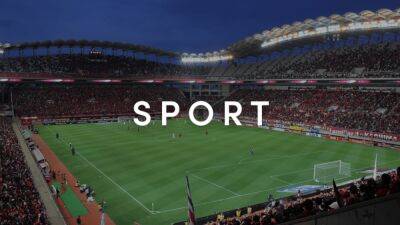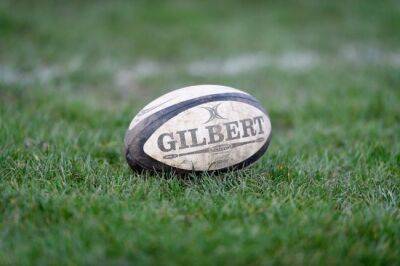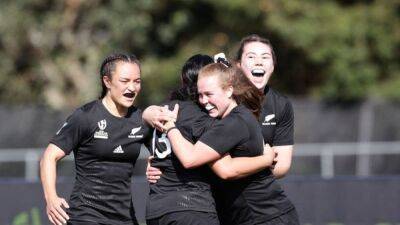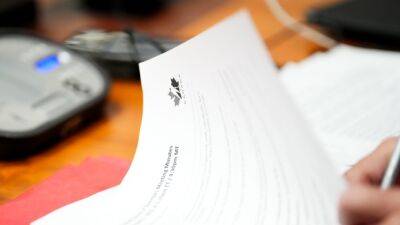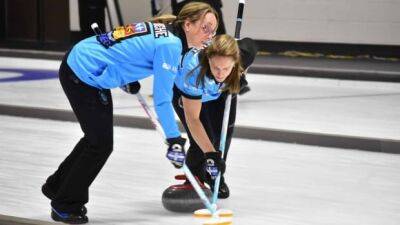New study recommends youth hockey leagues ban bodychecking until age 18
TSN Senior Correspondent
Follow| Archive
A prominent Canadian neurosurgeon who led a new study exploring the prevalence of post-concussion symptoms (PCS) in minor hockey players who suffered brain injuries is calling for the introduction of bodychecking in the sport to be delayed until players are 18 years old.
“The brains of 16- and 17-year-old hockey players are still too vulnerable,” Dr. Charles Tator said in an interview on Wednesday with TSN. “We are seeing that too many players are suffering the effects of brain trauma from permitted bodychecking, and in some cases, the symptoms can be there forever.”
Dr. Tator’s study was published Sept. 23 in the Canadian Journal of Neurological Sciences.
“There is a common misconception that introducing bodychecking at an early age can help prevent injuries such as concussion by ensuring that children are skilled in how to withstand a bodycheck, when in fact there is no data to support this,” the study said.
“Youth hockey leagues should raise the age of permissible bodychecking to 18 from the current age of 13-14. We show the potential to prevent 85 per cent of bodycheck-caused concussions by raising the permissible bodychecking age from its current age of 13-14 to 18 years of age. There is also the potential to eliminate years of suffering from bodycheck-induced PCS.”
Tator, a neurosurgeon in Toronto with the Canadian Concussion Centre who was invested in 2000 as a member of the Order of Canada for his work researching brain injuries, said he understand leagues, teams, parents, and possibly players will probably resist his recommendation. But he pointed out that NHL players pushed back when helmets and then later visors were made mandatory in the professional game.
“Each step



